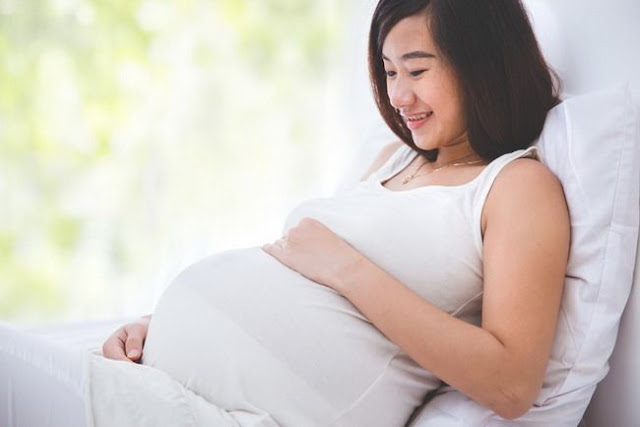All Pregnant Women Are at Risk of Pregnancy Poisoning
Pregnancy poisoning is a medical condition that is experienced by about 8 percent of pregnant women worldwide. If not detected and treated early on, this condition can have harmful effects on the health of the mother and fetus.
Pregnancy poisoning is a term that was used to refer to preeclampsia. This condition can occur after pregnancy enters the age above 20 weeks, at the end of the second or third trimester.
This potentially dangerous condition cannot be prevented, and will generally disappear after the baby is born. However, sometimes there are women who still experience preeclampsia even though the baby is born.
Pregnancy Poisoning Symptoms
Symptoms of pregnancy poisoning vary greatly and differ in each pregnant woman. Even a pregnant woman can experience pregnancy poisoning without feeling any symptoms. However, common signs of preeclampsia are proteinuria or high protein in the urine and high blood pressure (hypertension) in pregnant women. These signs are usually only detected when undergoing routine pregnancy checks. Therefore, pregnant women need to routinely check their pregnancy routinely to the doctor. In addition, pregnant women who experience pregnancy poisoning can experience the following symptoms:- Impaired vision or blurred eyes.
- Pain right under the ribs.
- Severe headache.
- Stomach ache.
- Hard to breathe.
- The amount of urine decreases when urinating.
- Edema or swelling of the face, hands and feet.
People at Risk of Pregnancy Poisoning
There are several factors that make some women more at risk of pregnancy poisoning, namely:- Pregnant over the age of 40 years or under 20 years.
- The gap between the current pregnancy and the previous one is more than 10 years.
- Containing twins.
- Suffer from certain diseases, such as hypertension, kidney disease, antiphospholipid syndrome, lupus, or diabetes before pregnancy.
- Have experienced preeclampsia in a previous pregnancy.
- Obesity.
- Pregnant for the first time.
- Having a family (sister or mother) who has experienced preeclampsia.



Comments
Post a Comment